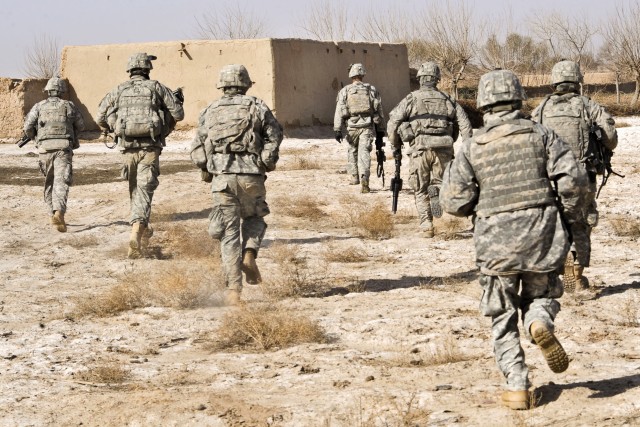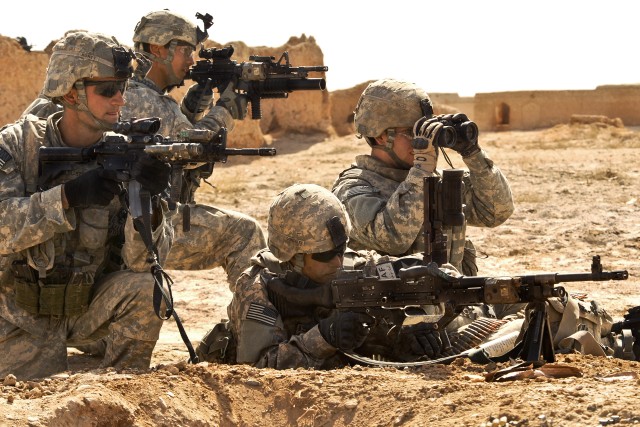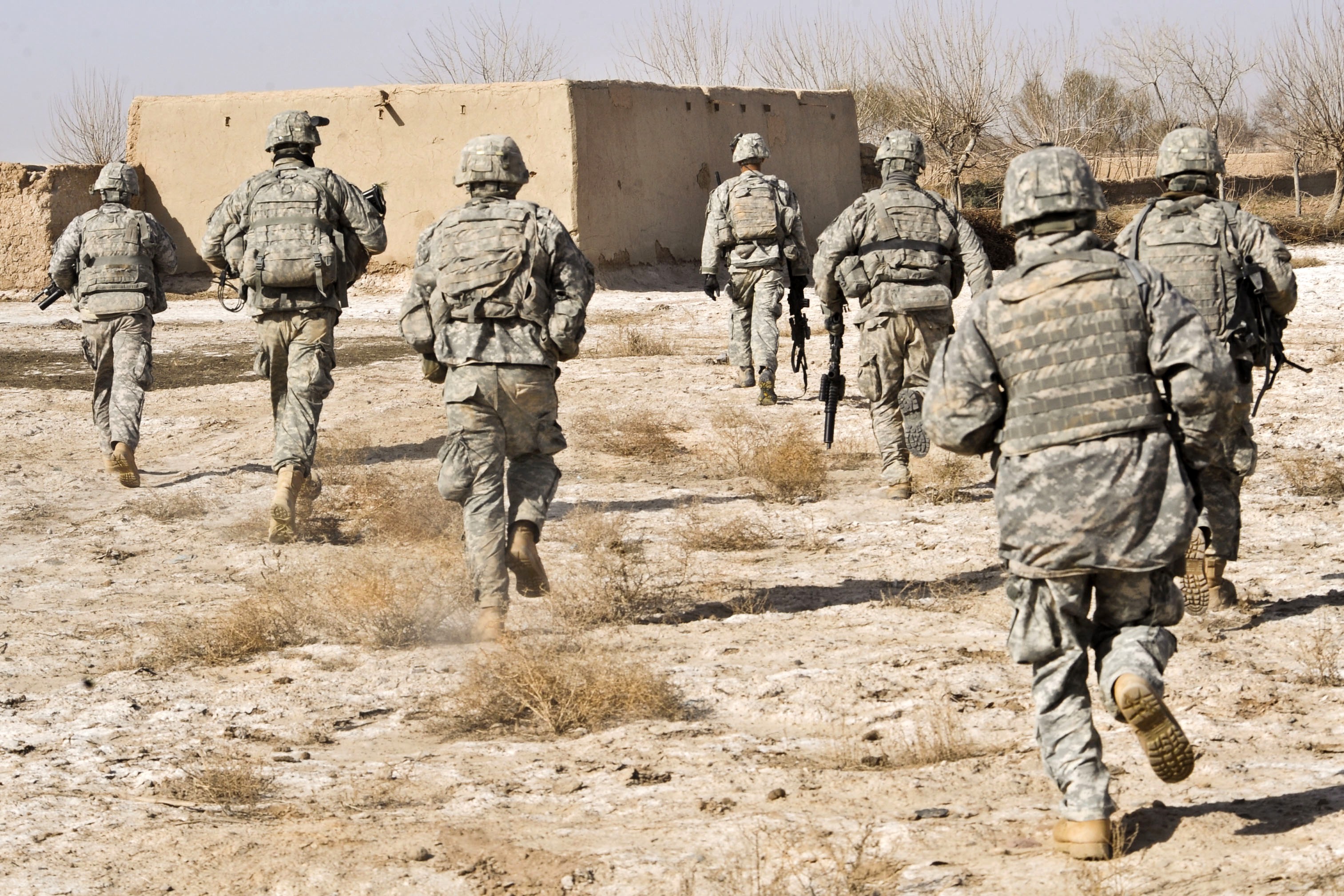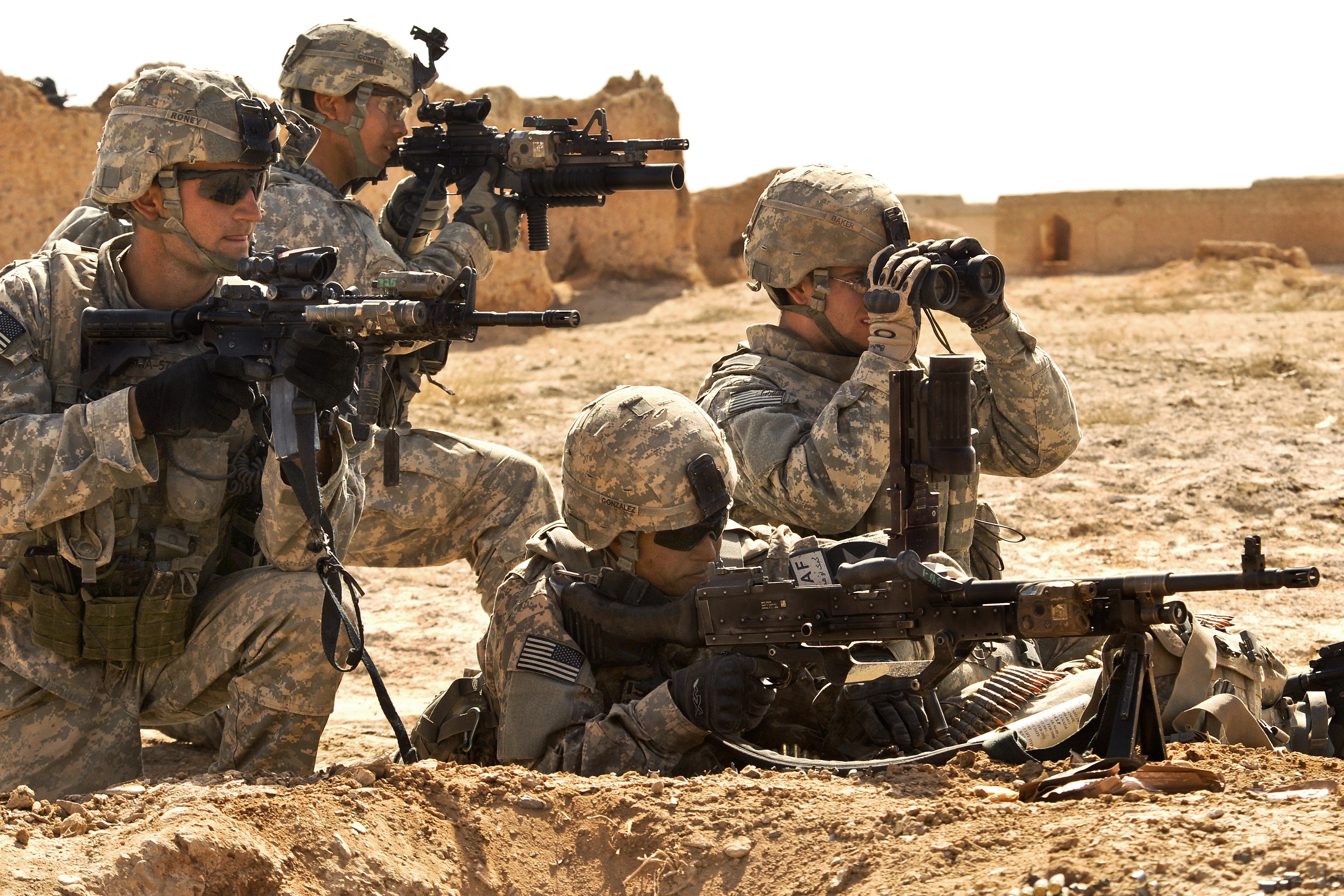WASHINGTON (Army News Service, April 7, 2010) -- Beginning in May, servicemembers stationed in Afghanistan will have a harder time finding a Pizza Hut or a pair of Oakley's -- 50 Army and Air Force Exchange Service contracted concessions are slated for closure in anticipation of an additional 30,000 inbound troops.
A memorandum written by Gen. Stanley A. McChrystal, the top U.S. commander in Afghanistan, in February outlined a 60-day closure plan for the shops and stated that recreation "should never be the distracter that changes the focus of the mission."
Lt. Col. Michael T. Lawhorn, public affairs officer with International Security Assistance Force Afghanistan, or ISAF, said this move is not an attack on fast food or fun; it's largely about accommodating the thousands of incoming Soldiers and focusing on the mission at hand.
"It's going to make sure we are applying our limited resources in the best possible way for our Soldiers who are already here and who will arrive during the surge," Lawhorn said in an interview from Kabul. "We're still really in an intense atmosphere here."
Shops providing services such as embroidery and alterations, T-shirt shops, engraving, perfume shops, art and framing, and new car sales join Burger King, Pizza Hut, Kentucky Fried Chicken, Subway, Dairy Queen, and Popeye's on the list for closure. However, Lawhorn stressed that not all restaurants and AAFES concessions are being closed. For example Green Beans coffee shops will stay, and those concessions being closed are not necessarily being shut down for good.
Morale, Welfare and Recreation facilities such as gyms, telephone and Internet centers will continue to be supported, as will Afghan-run bazaars and shops which support local economies.
Lawhorn pointed out that with the concession closures, an estimated 60 less shipping containers per month will be transported into Afghanistan, which will require fewer Soldiers on the roads providing security, and less fuel flown in for convoy trucks.
"Supplying nonessential luxuries to big bases like Bagram and Kandahar makes it harder to get essential items to combat outposts and forward operating bases, where troops who are in the fight each day need to be resupplied with ammunition, food and water," wrote Command Sgt. Maj. Michael T. Hall, the command sergeant major of ISAF on his blog.
Lawhorn mentioned that he's heard Soldiers' complaints about their deployments in Afghanistan, and they do not have to do with a lack of fast food.
"The things Soldiers talk about are not complaints about Burger King," Lawhorn said.
"Closing these facilities will free up much-needed storage facilities at both Bagram and Kandahar, space which is critical as 30,000 additional American and up to 7,000 international troops flow into Afghanistan over the next several months," Hall wrote.




Social Sharing